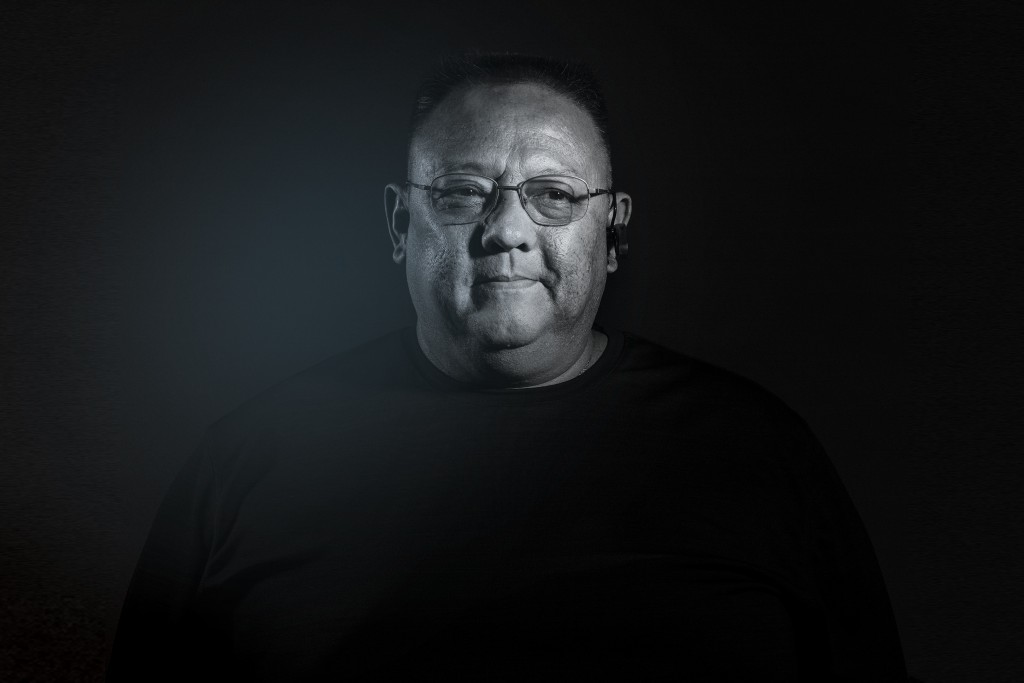Don’t Call Him A Bounty Hunter

NAME: Scot Ling
AGE: 56
JOB: Bail bondsman/fugitive recovery agent and owner, 4Freedom Bail Bonds, based in Kailua-Kona, with agents on Oahu and Maui
START: Ling was born and raised in Kailua on Oahu but attended UH Hilo. He eventually received his associate degree in criminal justice through the University of Phoenix. His parents had been social workers, and his father was the former chief administrator for the state Judiciary.
“Both of my parents started their careers at Palama Settlement helping troubled youth,” Ling recalls. “This gave me the yearning to help others in need.
“I got the opportunity to work with Beth, Leland and Duane ‘Dog’ Chapman before opening my company.”
“I initially began part-time as a bail bond agent in Hilo in 2008. Then I got the opportunity to work with Beth, Leland and Duane ‘Dog’ Chapman before opening my company in 2011.”
WHAT IT TAKES: “You need a surety license with the state to become a bail bond agent, and startup capital if you want to open your own business. The agent meets with co-signers to collect fees and post a surety appearance bond to get the client released from custody. It can be a very fulfilling job, but at the same time can be stressful, as you are financially responsible for those you post bond for.
“We do not carry guns or other weapons. We do have pepper spray, but that’s normally used as a defensive tactic.”
“A fugitive recovery agent finds and apprehends clients who have failed to go to court, have failed to turn themselves in, or the contact information we have for them is no longer valid. We do not carry guns or other weapons. We do have pepper spray, but that’s normally used as a defensive tactic. Although exciting, the job can be dangerous, and it takes a certain mindset to be out there with no weapons trying to apprehend fugitives.”
DISTINCTION: “We prefer to call ourselves ‘fugitive recovery agents’ rather than ‘bounty hunters.’ I am not putting a bounty on the person’s head, and these are primarily my clients. My agents recover the majority of our clients.”
HOT PURSUIT: “There was a case where we had cornered a fugitive in his automobile. We had him blocked in, and he decided to ram our cars and actually disabled one of them. He was able to escape as we do not do high-speed chases. Later we tracked him to his brother’s house where he pulled out a shotgun and threatened to shoot us. The police arrested him, but he escaped once again. Later that week, after a brief foot pursuit, we apprehended him based on a tip.”
MISCONCEPTIONS: “Sometimes people don’t take us seriously. But we have certain rights based on the surety of the bond to apprehend our fugitive, and we will not stop until we have them in custody.
“People think the bail bond company loses money if the police capture our fugitive, but this is not true – they actually save us money. So we are very grateful when the police capture our fugitive.”
PAY RANGE: Bail bond agents make a commission when they recover fugitives. “Commissions vary, but the norm is 10 to 15 percent of the bond. That’s based on the risk of the individual, how many contempts or missed court dates they may have. The size of the bond is also a bigger risk. Another factor is whether it is my bond or another company contracting me to find a fugitive for them.”
This interview has been edited for clarity and conciseness.






